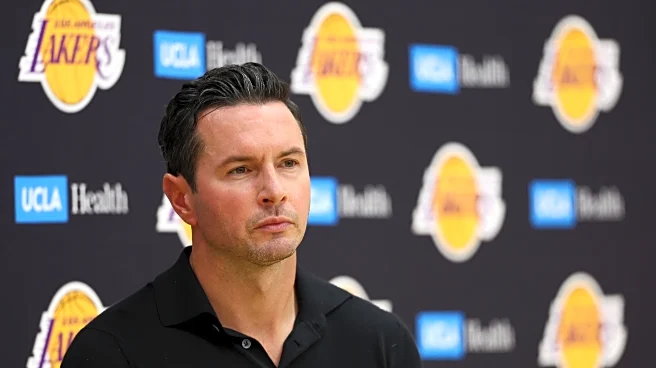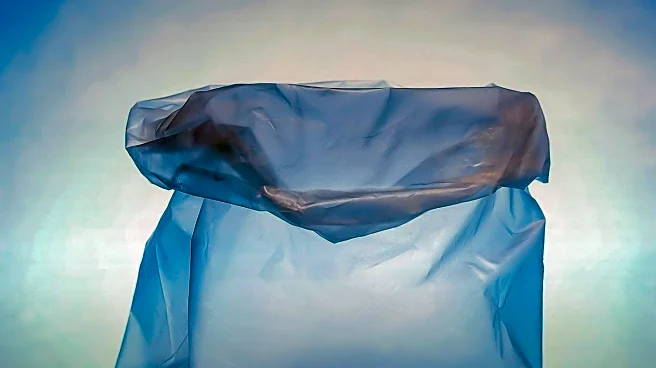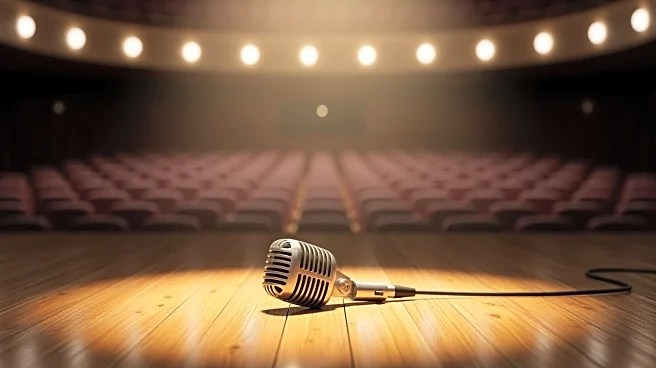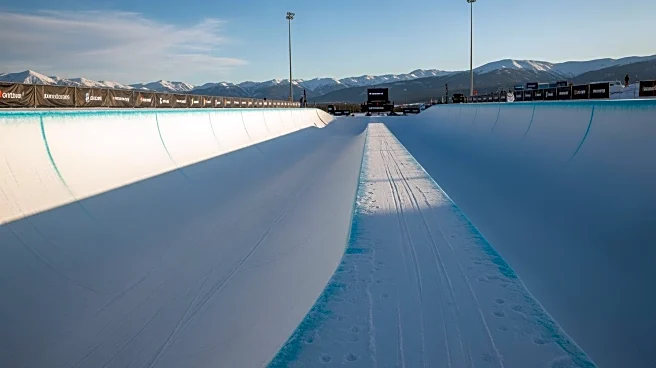After two preseason games, the Lakers have been underwhelming. They’ve lost both games and were blown out in each contest.
Not only were the defeats bad, but how they played has looked even worse. The Lakers’ defense has left much to be desired. They are getting killed in transition, allowing 21 fastbreak points per game. That’s the fifth most in the NBA.
After practice on Tuesday, head coach JJ Redick described the team’s transition defense as bluntly as possible.
“Our transition defense in those games
and frankly, last week, for the first three practices were dog s–t,” Redick said. “So, our transition defense a lot of that comes from being in shape, so we’ll continue to improve on that.”
Credit to Redick for not holding back on this.
It’s one thing to know the transition defense is bad, it’s another to say it with such color to the media. Certainly, this is something he has hammered home to his team and will work on improving during practice this week.
Redick mentioning fitness as a way to fix transition defense is no surprise. He’s been talking about getting into “championship shape” since the end of last year, and that’s continued during training camp.
If players have the stamina to run back quickly, those transition attempts now have defenders present to disrupt those shots.
Austin Reaves broke this down further, mentioning that the pursuit of offensive rebounds can have unintended consequences, such as allowing more transition points.
“There’s a way to do it that we teach, probably everybody teaches,” Reaves said. “If you do crash, you have to have the awareness to get back at the same time. Obviously, we want extra possessions and as many offensive rebounds as we can get is a bonus for our team.
“But at the same time, if you’re getting seven offensive rebounds a game, but you’re giving up 18 points a game in transition, it doesn’t quite work out. So you have to find a good balance of when to crash, when not to crash, how many to crash. So I think we’ve been playing with that in that sense. We’re gonna try to figure out what’s best for us.”
The Lakers have done a good job on offensive rebounds. They’ve grabbed more offensive boards than their opponent in both preseason games.
Against the Suns, they had 11 offensive rebounds compared to Phoenix’s 10, and when they played the Warriors, they got 12 while Golden State only grabbed eight.
As Reaves has indicated, though, trying to get to those boards and failing means the other team wins the rebound and they’re off to the races.
Again, it’ll require execution, speed, conditioning and the desire to commit to being a better defensive transition team to fix this.
So far, the Lakers haven’t done so. Hopefully, as the year progresses, things improve and words like ‘dog s–t’ will no longer be an accurate assessment of how this team defends in transition or otherwise.
You can follow Edwin on Twitter at @ECreates88 or on Bluesky at @ecreates88.bsky.social.
















